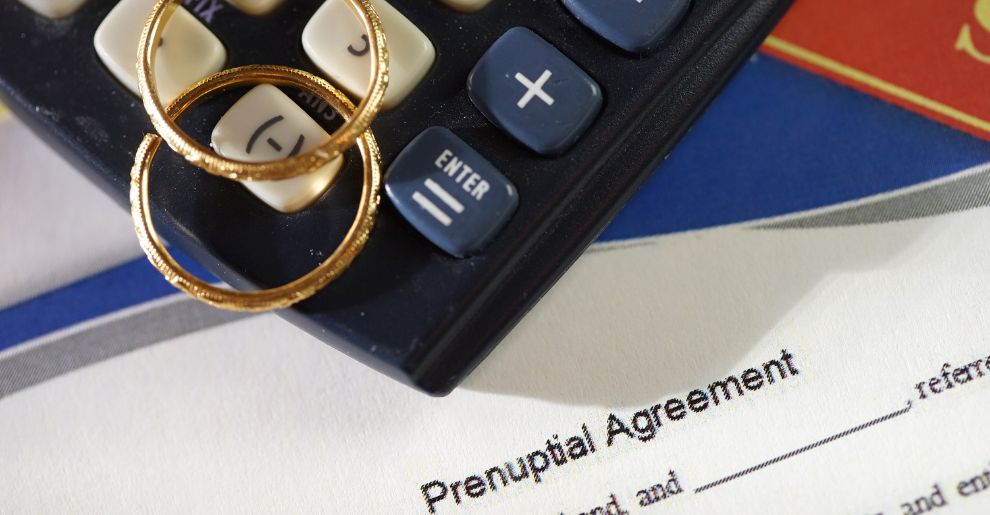Prenuptial agreements – why should you have one?

While a prenuptial agreement or a ‘prenup’ can be difficult to discuss with your partner and may seem unromantic to talk about whilst you plan your wedding, it’s important to understand the benefits of having one and to discuss it openly and honestly. This article will explore the advantages of having a prenuptial agreement, who should consider one, and how to get one.
What is a prenuptial agreement?
A prenuptial agreement, or ‘prenup’ for short, is an important legal document that couples should consider when getting married. A prenup is an agreement between a couple that details how their assets and liabilities will be divided if they divorce or if one dies. It also outlines the rights and responsibilities of each party in the marriage.
Advantages of having a prenuptial agreement
A prenup does several things for a couple considering marriage. First, it helps protect both parties’ assets in case of a divorce or death. The prenup helps to ensure that the couple’s assets are divided fairly.
Another benefit of having a prenup is that it can help to reduce the amount of stress and conflict that can arise during a divorce. By having a prenup in place, both parties know exactly what to expect if their marriage does not work out; this can help reduce the time and money the couple would have to spend in court and make a divorce smoother for all involved.
A prenup can help to protect a partner’s assets, such as business interests, inheritances, and investments. This can be particularly beneficial if one partner has accumulated a significant amount of wealth before the marriage.
Are prenuptial agreements useful for everyone?
Traditionally, prenups were most used amongst celebrities and the super-rich; however, there is a benefit in having a prenup in place for all marriages to safeguard your future.
In fact, anyone getting married should consider having a prenup in place.
Additionally, anyone with children from a previous marriage should consider having a prenup. This is because the prenup can help protect the children’s assets if the marriage does not work out.
How to get a prenuptial agreement
In the UK, there are no procedures in place to make a prenuptial agreement automatically legally binding. However, they are still relied on in court and divorce proceedings as long as the below criteria are met:
- Both parties have received legal advice and have their needs met by the agreement.
- The prenuptial agreement must be fair, contractually valid, understood by both parties and made at least 28 days before the wedding.
- Children should not be prejudiced.
How to discuss a prenup with your partner
Discussing a prenup with your partner can be a difficult and sensitive subject. It’s important to approach the subject with an open mind and respect each other’s opinions. Be honest with your partner about why you think a prenup is necessary. Explain that both parties have certain rights and responsibilities and that a prenup can help protect those in the event of a divorce or death.
Finally, it’s important to be open to negotiation. Both parties should be willing to compromise and come to an agreement that is fair for both parties, and the agreement being fair is a condition for it to become legally binding.
If you would like any more information relating to this article then please feel free to contact the author: Telephone – 020 8221 8070, email here, or visit the author’s profile here.
This is not legal advice; it is intended to provide information of general interest about current legal issues.
